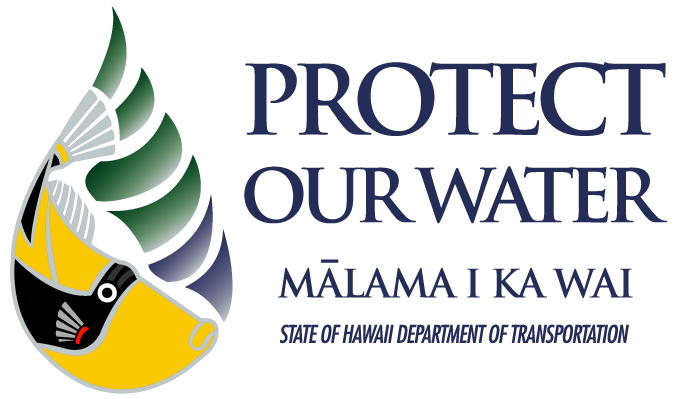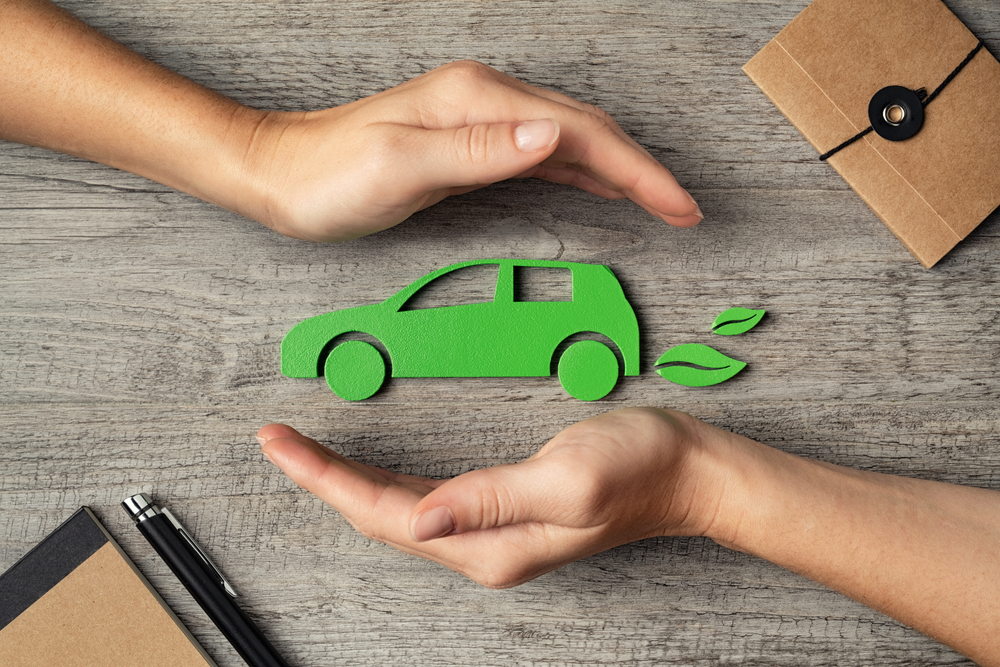Did you know that your car-related habits, from driving to maintenance, can significantly impact the environment? By making small changes, you can reduce pollution, conserve resources, and protect our waterways. Here are some practical tips to make your commute and car care more eco-friendly:
- Drive less and use alternative transportation. Whenever possible, consider carpooling, biking, walking, or taking public transportation. Reducing car trips not only saves fuel and lowers emissions but also helps ease traffic congestion and minimizes wear and tear on your vehicle.
- Check for leaks. Fluid leaks from vehicles can harm the environment by contaminating soil and water sources. When oil or other fluid leaks onto driveways or roadways, those pollutants can get washed down storm drains and into the ocean. Regularly inspect your car for leaks and repair any issues promptly. Proper vehicle care benefits both the planet and your wallet.
- Keep up with regular maintenance. Routine maintenance helps your car run efficiently and reduces its environmental impact. Stay on top of oil changes, tire inflation and rotations, and air filter replacements to improve fuel efficiency and prevent unnecessary emissions.
- Use a reusable trash container. Keeping a reusable trash bag or can in your car encourages proper disposal of rubbish during your commute. This small habit can make a big impact in preventing litter from polluting roadsides and waterways.
- Consider commercial car washes. Opt for commercial carwashes that treat or recycle their wastewater. These facilities are designed to capture and reuse wash water on-site, conserving resources and reducing environmental impact, such as soapy water entering our storm drains. Commercial car washes also use less water compared to washing your car at home.
- Wash on permeable surfaces. If a commercial car wash isn’t an option, wash your car on a surface that allows water to filter into the ground, such as grass or gravel. Washing on hard surfaces like concrete or asphalt can allow contaminated, soapy water to flow into storm drains, harming the environment. You can limit the amount of soapy water even further by dry washing your car with a waterless washing spray.
- Use water efficiently. Consider collecting rainwater to wash your car or for use in other household tasks like watering plants. Use water-saving tools, like a garden hose nozzle, to better control flow and minimize water usage. Wash your car in short intervals instead of a continuous stream to conserve water while effectively cleaning.
Sources: Storm Water Hawaii, University of Florida, EPA


